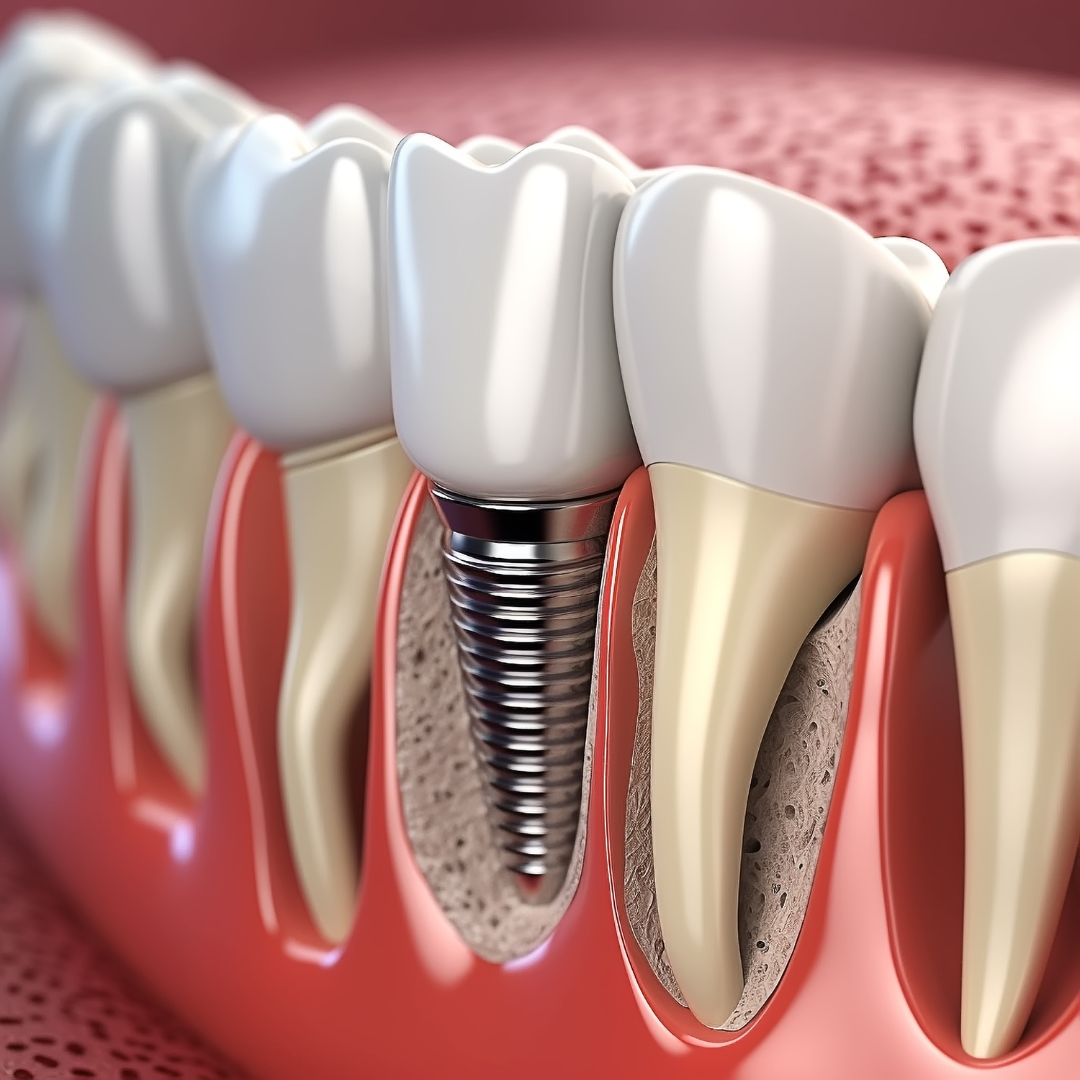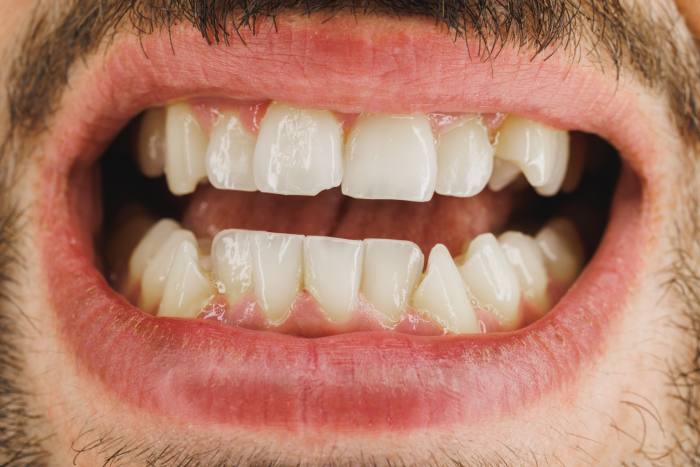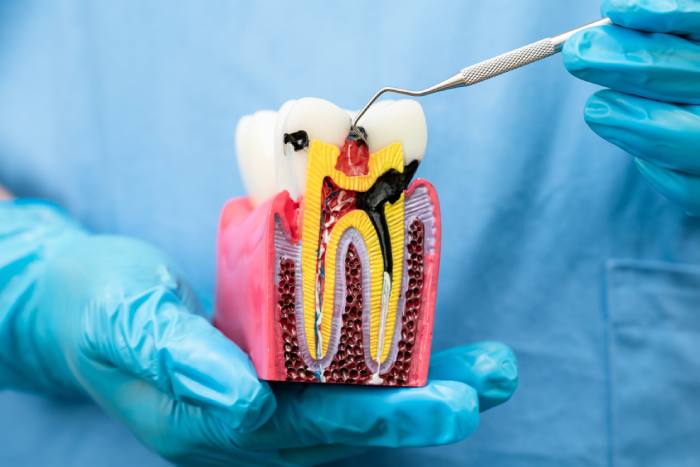Dental implants are a valuable investment in both oral health and aesthetics, designed to be long-lasting replacements for missing teeth. However, the longevity and success of dental implants depend heavily on how well they are maintained. Proper care is crucial for keeping implants functional and free from complications, allowing you to enjoy a healthy smile for years. Here’s a detailed guide on how to care for your implants effectively.
Why Dental Implant Maintenance Is Essential
Though dental implants are highly durable, they aren’t immune to potential issues if not properly cared for. The gum tissue and bone surrounding implants require just as much care as natural teeth to prevent infections. In particular, peri-implantitis—an inflammatory condition affecting the gum and bone around the implant—can occur if bacteria build up, leading to bone loss and even implant failure.
The Role of Daily Oral Hygiene
Oral hygiene is essential in maintaining the health of your dental implants. Brushing and flossing regularly helps remove plaque—a sticky film of bacteria—that can accumulate around the implant. According to the American Academy of Periodontology, peri-implantitis can develop in approximately 10% of implants if not properly cared for. Daily cleaning not only keeps your implants in good condition but also safeguards the health of the surrounding tissues.
Effective Cleaning Techniques for Dental Implants
Specific cleaning techniques are necessary to keep dental implants free from bacteria and ensure their longevity. Here’s how to approach daily cleaning:
Using the Right Toothbrush
Choose a soft-bristled toothbrush for cleaning dental implants, as hard bristles can damage the surrounding gum tissue. Brushing at least twice daily ensures that you effectively remove plaque. Electric toothbrushes can be particularly effective, as they provide consistent, thorough cleaning that helps reach around the implant.
Selecting Non-Abrasive Toothpaste
When selecting toothpaste, avoid abrasive formulas that can wear down the surface of your implant. Using a non-abrasive fluoride toothpaste helps protect both the implant and the surrounding natural teeth. Avoid products with baking soda or other harsh ingredients, as these can scratch the implant’s surface over time, making it more susceptible to plaque accumulation.
Flossing for Optimal Implant Health
Flossing around dental implants is crucial for removing food particles and plaque between teeth. Use floss specifically designed for implants or an interdental brush that can effectively clean the areas around the implant. Be gentle to avoid causing any damage to the surrounding gum tissue.
Incorporating Antimicrobial Mouthwash
An antimicrobial mouthwash can further reduce bacteria in the mouth, providing an extra layer of protection. Look for an alcohol-free mouthwash to avoid dryness and potential irritation of the oral tissues. Using mouthwash as part of your daily routine can significantly improve implant hygiene and prevent infections.
Regular Check-Ups and Professional Cleanings
In addition to at-home care, regular dental visits are essential for maintaining implant health. Professional cleanings remove tartar that can’t be eliminated through brushing and flossing alone. Your dentist will also monitor the health of your implants, detecting any potential issues early.
Scheduling Regular Dental Visits
Seeing your dentist at least twice a year for routine check-ups and cleanings is recommended. Depending on individual needs, your dentist may advise more frequent visits. These appointments allow for early detection of any issues, ensuring prompt treatment and preventing further complications. To learn more about implant maintenance, Ames Dentistry offers personalized care to help patients maintain optimal oral health.
Specialized Implant Maintenance Procedures
Dental implants require specialized cleaning tools during professional cleanings. Your dental hygienist will use instruments designed to avoid scratching the implant surfaces, which can lead to bacterial accumulation. They will also assess the gum tissue and bone health around the implants, providing advice on how to maintain them based on your specific situation.
Lifestyle Choices for Long-Term Implant Health
Certain lifestyle factors can impact the success and longevity of dental implants. Making mindful choices can enhance implant durability and reduce the risk of complications.
Avoiding Tobacco
Smoking and other tobacco use can hinder the healing process after implant placement and increase the likelihood of infections. Tobacco reduces blood flow to the gums, compromising the body’s ability to fight infection. Research from the American Dental Association suggests that smokers experience a higher rate of implant failure compared to non-smokers, making tobacco cessation a key component of implant care.
Following a Balanced Diet
A balanced diet is essential for maintaining both oral and overall health. Foods rich in calcium and vitamin D help keep bones strong and support the osseointegration process—the fusion of the implant with the jawbone. Include dairy products, leafy greens, and fortified foods in your diet to ensure you’re getting the necessary nutrients for strong bone health.
Protecting Against Teeth Grinding
Bruxism, or teeth grinding, places undue stress on dental implants and can lead to complications over time. If you grind your teeth, especially while sleeping, consult your dentist. They may recommend a night guard, which helps protect your implants and natural teeth from the stress of grinding. According to a study published by the National Institute of Health, untreated bruxism is a common contributor to implant complications.
Signs That May Indicate Potential Implant Issues
Being aware of any changes in your oral health can help with the early detection of issues surrounding dental implants. Addressing these signs promptly can prevent further complications.
Symptoms of Peri-Implant Diseases
Watch for symptoms such as redness, swelling, or bleeding around the gums near your implant. Persistent bad breath or an unpleasant taste in the mouth may also be indicators of infection. If you notice any of these signs, it’s essential to consult your dentist immediately to receive appropriate care.
Recognizing Implant Mobility
A stable implant should not move. If you detect movement or instability, it may be due to a problem with the bone or surrounding tissues. This could require immediate attention, as implant mobility is often a sign of compromised integration with the bone. Early intervention from a professional can help manage the issue effectively.
Conclusion
Proper care for dental implants involves a commitment to daily oral hygiene, regular dental visits, and healthy lifestyle choices. By following these guidelines, you can enjoy the full benefits of dental implants and ensure they remain a functional, beautiful part of your smile for years to come.
For additional insights on cosmetic dentistry and implant care, Ames Dentistry offers comprehensive information and services to support long-term oral health. Additionally, the American Academy of Periodontology provides valuable resources on peri-implant health and maintenance, helping you stay informed about best practices for implant care.
Your dental implants are an investment in your health and confidence. By taking proactive steps to care for them, you’re ensuring they serve you well over the years, giving you the freedom to smile confidently and maintain optimal oral health.








